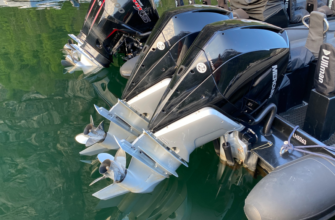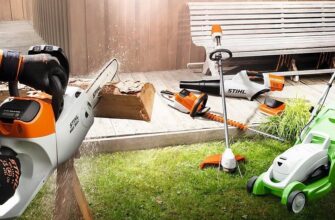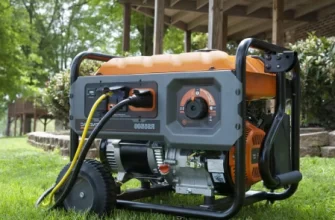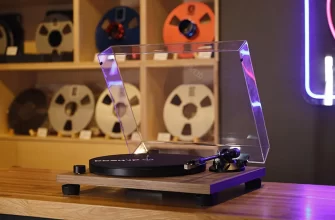When choosing radiators, the buyer pays attention primarily to their appearance and, in the same time, wants, so that they have sufficient power to heat the room in all conditions. Appearance and power, of course, very important characteristics, but radiators also differ in material, from which they are made, water capacity and design, which affects heat transfer. This also needs to be considered when choosing. You can buy modern heating radiators in the online store https://kvantum.com.ua, most often they are made of steel, but you can also buy aluminum and cast iron.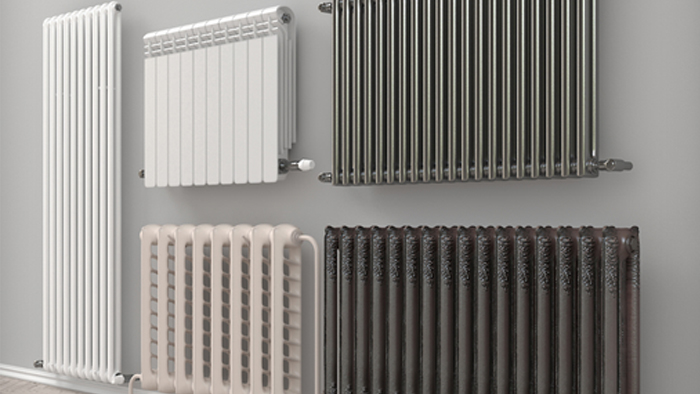
steel radiators
Steel radiators owe their popularity to a wide variety of sizes. Panel heaters are the most popular among them.. Many manufacturers offer them, but they are all very similar to each other. Available in two versions – with profiled or flat front panel. Their standard color – white, another can be ordered for an additional fee.
Steel radiators work especially well, when you need to increase power while maintaining small dimensions – then it is enough to choose a radiator with a large number of plates. This is especially important, when there is no room on the wall for a larger radiator.
The thermal power of the radiator depends on its dimensions. The height can be selected from several typical: from 30-90 cm, length – from 30 to 300 cm. Width depends on the number of plates, used in the radiator – there may be one, two or three. The thinnest radiators – single-plate – 5 cm, the thickest – three-plate – 17 cm. There may be additional ribs between the plates to increase the efficiency of the radiator.
Despite the best protection against corrosion, steel radiators are sensitive to water quality in the installation. The service life of steel radiators is reduced when air enters the system. Therefore, in installations of an open system (with solid fuel boiler) it is better not to use them, because it always contains a lot of oxygen due to the constant contact of water with air. If the installation is closed, it must be made of tubes with an anti-diffusion barrier, ie. resistant to the penetration of oxygen from the air through their walls.
Cast iron radiators
Cast iron radiator heaters were most commonly used in older installations.. Although not everyone likes them, they have many advantages. The most important thing – high corrosion resistance – their durability is several decades, regardless of water quality.
Cast iron radiators are characterized by high thermal inertia. Thick cast iron walls take a long time to heat up, but also cool down slowly. Unfortunately, it makes it difficult to quickly change the temperature of the heatsink, but has a positive effect on the operation of the boiler – its burner starts up less often, and after starting it works longer. As a result, it wears out more slowly and works economically.. The high inertia of cast iron radiators is also an advantage in the case of solid fuel boilers. – radiators stay warm longer after extinguishing a fire.
aluminum radiators
Aluminum radiators are less popular, than steel . Like cast iron, they usually have a segmented structure. Aluminum radiators are lightweight and have low thermal inertia, therefore, they work better than cast iron with modern liquid fuel boilers, equipped with automatic temperature control.


